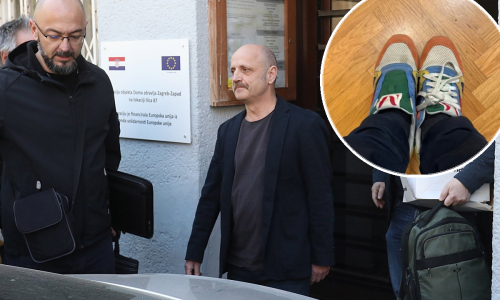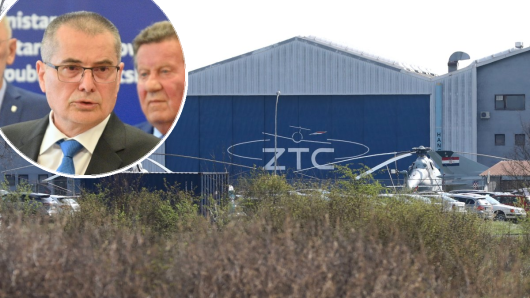Serbian President Boris Tadic feels that Belgrade-Pristina dialogue should begin at expert level on topics of importance to the lives of Serbs and Albanians, such as the issue of missing persons, which depresses both sides, Politika daily said on Monday.
Tadic told the Belgrade newspaper that Belgrade-Pristina talks should not be held as before and that dialogue should not be held by the president, premier or ministers.
There is no need either for international mediators, for cameras and bombastic statements as to who outwitted whom, he said.
"The talks will begin and, this was my proposal, in good faith, so as to arrive at a result that will be useful to both Serbs and Albanians. It's the only way we can reach a compromise and a solution to mutual satisfaction," Tadic was quoted as saying.
Asked if he had agreed the start of Belgrade-Pristina talks with US Secretary of State Hillary Clinton, who visited Belgrade last week, he said this was not an issue that one defined at talks with US representatives, but with the European Union High Representative for Foreign Affairs and Security Policy, Catherine Ashton, whom the EU has entrusted with agreeing on the talks' setting and technique.
"I pointed out to Hillary Clinton that we don't agree on Kosovo's independence, but we also talked about how to preserve and protect the dignity, integrity and interest of every party in the process, so that we can make the entire Balkans part of the European Union," Tadic was quoted as saying.
He said the confidence of the EU and the US in Serbia's constructive position had increased as it had managed to avert a conflict with big powers in very difficult circumstances, but also to preserve its integrity and interest.
The start of Belgrade-Pristina talks has been expected since the UN General Assembly on September 9 adopted a resolution on Kosovo which Serbia had agreed with EU countries.
Representatives of Kosovo authorities have said a number of times that they are willing to talk about "technical issues", but ruled out the possibility of negotiating the status of Kosovo, which declared independence on 17 February 2008 and has been recognised by 71 countries to date, including the US and 22 of the 27 EU countries.
The possibility of the talks beginning by the end of the year has diminished with the recent resignation of Kosovo President Fatmir Sejdiu and the fact that Acting President Jakup Krasniqi last week called early parliamentary elections for February 13. Before that, Krasniqi said that talks with Serbia on technical issues would be delayed until the formation of a new government.




































